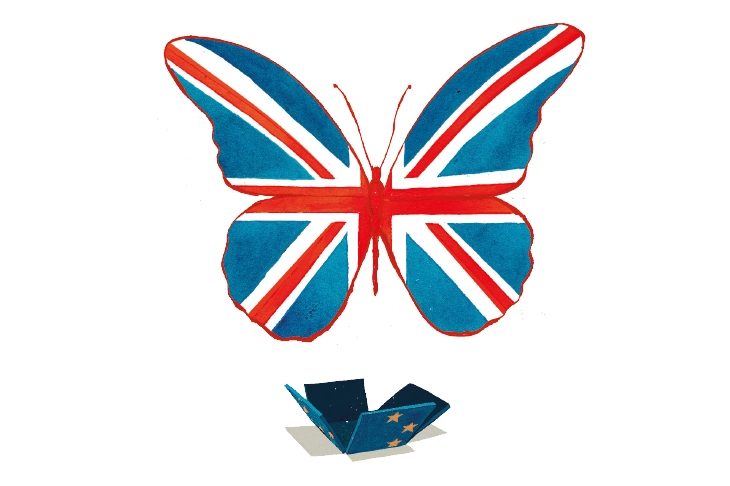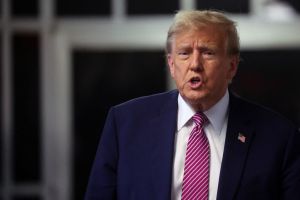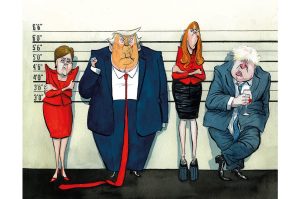Boris Johnson and Ursula von der Leyen have both confirmed that we have a deal: one with zero tariffs, zero quotas. The details are not yet published, but several details are now being reported. What follows is a summary of those reports and rumors: we should soon have 2,000 pages of chapter and verse.
The upshot: it’s Brexit. No single market, no free movement, no role for the European Court of Justice, no quotas, no tariffs. At least in goods: there won’t be much in the deal for the services sector (plus ça change) but more on co-operation over terrorism, security and preserving the cross-border energy market. From the looks of it, the UK has moved on fish in return for fewer EU ‘level playing field’ regulations.
The big argument had been over arbitration: what if the EU decides that Britain is undercutting its standards with low regulation, but Britain disagrees? Who will adjudicate? A new mechanism has been agreed that apparently does not leave the final say with the European Court of Justice or any other EU institution. But just who would have the final say remains unclear. And if Britain loses, the EU would impose tariffs on only the affected areas. So a dispute about, say, cars could end in tariffs being imposed on cars — but no other product. So the ‘punishment clause’ that had been present in earlier discussions falls.
It’s here that the deal is an improvement on the proposed Chequers deal, which signed up to a lot of ‘common’ (i.e. EU) rules. This deal would give Britain the right to diverge: there may be an EU tariff price to pay, but this may be regarded as a manageable risk — especially for products being sold globally.
[special_offer]
On fish there will be an extended transition period, perhaps five years, designed to allow EU fishing fleets to adjust to their reduced catch in UK waters. But in truth, it’s not reduced by very much: in the order of 25 percent — worth about €160 million a year. This is a significant move from the recent UK offer: a 35 percent cut. There will be a sunset clause on this, so it can be negotiated again if needed at the end of the transition period. There’s talk of the whole deal being reversible again in five years. Nigel Farage has already accused the government of a ‘fisheries sellout’.
There will, naturally, be a lot more to the deal — there are 2,000 pages — but so far, it looks pretty unlikely to encounter serious opposition when parliament is expected to reconvene on December 30. The bigger complaint might be about having just one day to scrutinize a such a long document, especially if something is discovered in the footnotes. ‘David Frost might have missed something,’ one MP tells me. ‘He is a good negotiator, but he’s not Einstein. The EU have better lawyers than we do and our lawyers are all Remainers.’ The Tory MPs in the ERG group of Brexiteers — who torpedoed Theresa May’s deal — say they stand ready to scrutinize those 2,000 pages when they are published. But with Keir Starmer offering Labour’s backing, parliamentary approval will be a formality.
Von der Leyen ended with the same T.S. Eliot quote that was read at Margaret Thatcher’s funeral: ‘To make an end is to make a beginning.’ We’ll bring you more details about that beginning as they arrive.
This article was originally published onThe Spectator’s UK website.


















